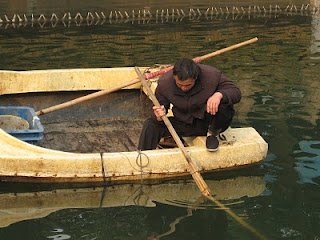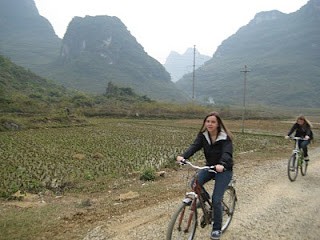
A little distracted while writing a 10 page paper for my infectious disease class today.

"...Dengue fever has been documented to be endemic in more than 100 countries..."

"..Control of Aedes mosquito breeding sites is the primary means of prevention of dengue..."
School! I have 17 credits and those faces are about how I feel sometimes. But I'm learning so much and I love it. I always thought I was a good writer until I took English 315 - Technical Writing. It is proving very helpful for writing a good resume and cover letter as well as research papers.
I was once asked to speak to the youth of my ward about success. This was the summer before my junior year, the year I spent taking classes and applying for the dietetics program to which I was not accepted. In preparing to speak I had to ask myself what I believed success to be. And I am happy to say my definition of success has not changed since then.
So what is success? I believe success is effectively using the talents and experiences God has given you in order to help others. That implies not comparing yourself to anyone else or their definition of success. I was not accepted into the dietetics program--the dietetics program did not suit me. Public Health suits me. There are interests and abilities I have had my entire life that are finding fulfillment in this major.
A different person will have a different experience with success. Greg Mortensen, author of Three Cups of Tea, has succeeded in building schools in remote mountain villages of Pakistan, providing education for girls who otherwise would have none. I feel that this book epitomizes some things my generation values and defines as successful - helping humanity. But reading this inspiring story causes me to think - could I do that? Have I been that helpful to humanity? The answer is no - I cannot build schools in Pakistan.

But as I began reading this book it quickly became clear to me that it was the experiences and interests Greg Morten had that prepared him to do what he did. Three specific things stuck out to me:
1)He was raised in Africa - he had a broad world view, languages came easy to him, etc.
2)He was trained to be a medic in the military (he formed a relationship with the mountain villagers by giving them medical care)
3)He is an avid high-altitude climber. (this is why he found this village - he had attempted to summit K-2)
That said, how could I compare myself to him?
So what experiences have I had that would lead me to be able to give to humanity? I think a lot of that remains to be seen. But one thing that comes to mind is that I have PKU - I enjoy speaking about it and encouraging mothers of children who have it. Every time I do that I think, "I am so blessed to have this. I am able to help these people because I am part of an obscure population of people born with phenylketonuria."
I believe we all have unique things about us that allow us to be successful in our own sphere of influence. As Pres. Uchtdorf says in his talk, Lift Where You Stand, each of us "stands at a unique place and has an important task that only he [or she] can perform."
































